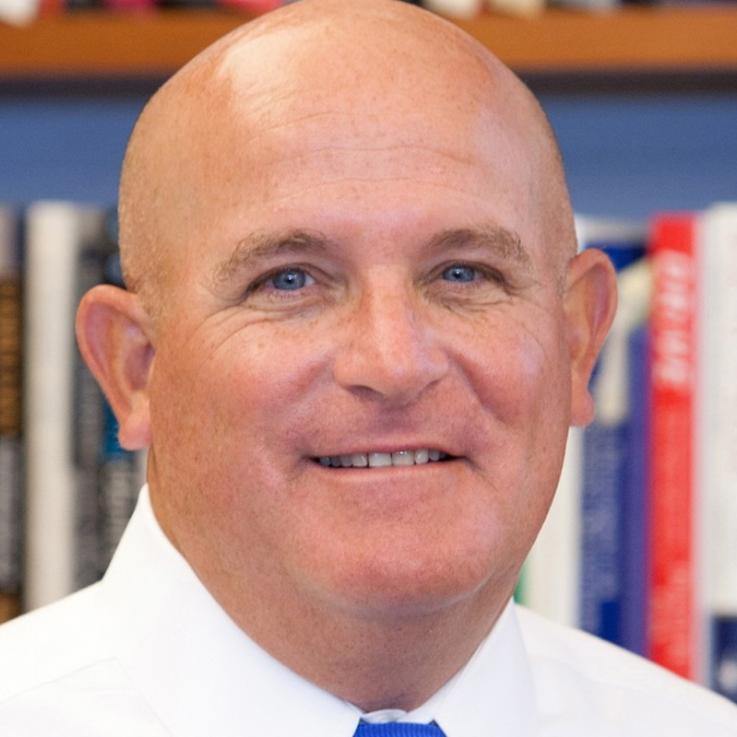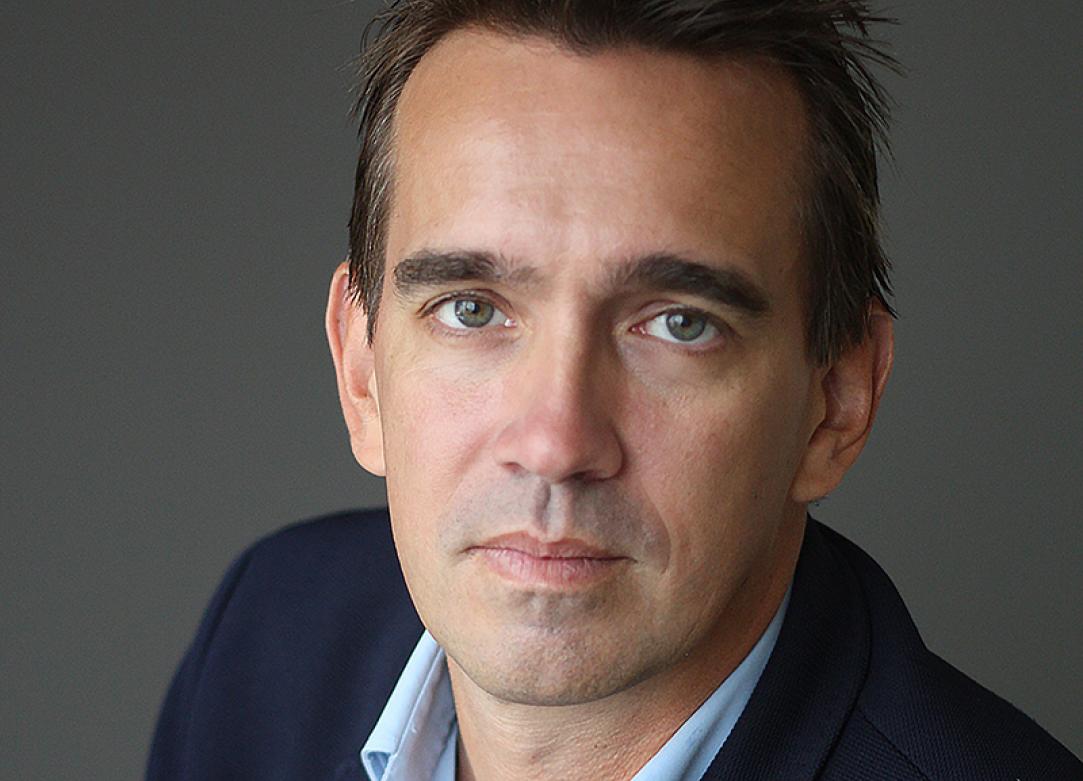U.S Colonel Scott Snook, Senior Lecturer of Business Administration at Harvard Business School, is a widely regarded expert on organizational behavior and leadership development.
Scott Snook graduated with honors from the U.S Military Academy and was commissioned in the Army Corps of Engineers, serving in various command and staff positions for over 22 years and earning the rank of Colonel. Among his military decorations are the Legion of Merit, the Bronze Star, the Purple Heart and the Master Parachutist badge.
Until July of 2002, Col. Scott Snook served as Professor of Behavioral Sciences, Director of the Center for Leadership and Organizations Research, and Director of the Leadership Development MBA program at the U.S Military Academy.
He is the author of "Friendly Fire", which won the Academy of Management Terry Award (2002), and co-author of "Practical Intelligence in Everyday Life" (2000), that explores the role of "common sense" in leadership. He has authored and co-authored many academic papers on organizational behavior and leadership development, for which he received the Emerald Literati Network Award (2010).
Scott Snook holds an MBA from Harvard Business School, where he graduated as a Baker Scholar, and a Ph.D in Organizational Behavior from Harvard University, winning the Sage-Louis Pondy Award for his dissertation on the 1994 Friendly Fire Shootdown in Northern Iraq. He has shared his leadership insights in formal executive education programs at Harvard University and corporate audiences all over the globe.




